Dhaniya Sutta — “Go ahead and rain” Dhaniya the Cattleman: a mystical message meaningful in today’s stressful world
Among the most poetic and beautiful of Suttas, is the Dhaniya Sutta, which at times seems like a Greek Drama in verse, or the song of a great Troubadour. It is unique amongst the Suttas, and widely published, translated,...
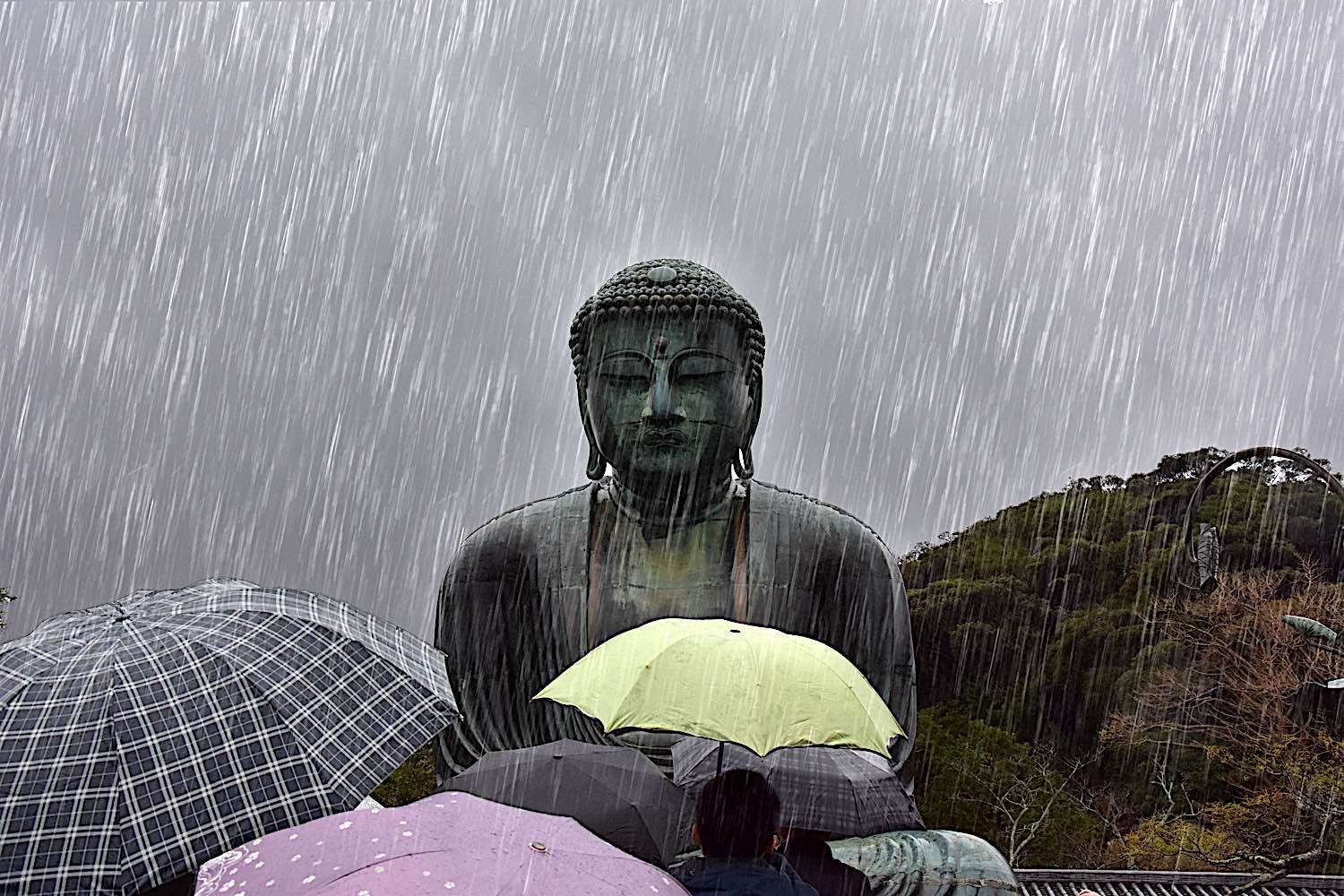
Among the most poetic and beautiful of Suttas, is the Dhaniya Sutta, which at times seems like a Greek Drama in verse, or the song of a great Troubadour. It is unique amongst the Suttas, and widely published, translated, and respected.
In the Dhaniya Sutta, we see a brilliantly juxtapositioned narrative — on the one hand, the Buddha, on the other Dhaniya, the cowherd (who to all accounts was a real person) — and ending with the intrusive verse from Mara. This is a captivating and mystical song, profound and beautiful.
 Buddha of Kamakura on a rainy day.
Buddha of Kamakura on a rainy day.The symbolism at the surface level is clear
The cowherd represents “worldliness” The Buddha represents renunciation and spiritual path. The rain represents suffering The cows represent “wealth” and attachment.The opening verses set the contrasting tone
The opening verses contrast the two views instantly.
In Pali, the cowherd Dhaniya says:
Pakkodano duddhakhiro hamasmi (iti dhaniyo gopo)
Anutīre mahiyā samānavāso
Channā kuṭi āhito ‘gini
Atha ce patthayasi pavassa deva.
Which, in Venerable Thanissaro Bhikku’s translation is (which you’ll find in full below):
‘The rice is cooked, my milking done. I live with my people along the banks of the Mahi; my hut is roofed, my fire lit: so if you desire, rain-god, go ahead and rain.’
Clearly, he is content. All is well. His family and chilren are cared for. He is afflluent. The rain doesn’t matter.
Meanwhile, we hear the perspective of the Glorious Enlightened One, the Buddha, in Pali:
Akkodhano vigatakhīlo hamasmi (iti bhagavā)
Anutīre mahiyekarattivāso,
Vivaṭā kuṭi nibbuto ‘gini
Atha ce patthayasi pavassa deva.
And in Venerable Thanissaro Bhikku’s translation:
‘Free from anger, my stubbornness gone, I live for one night along the banks of the Mahi; my hut’s roof is open, my fire out: so if you want, rain-god, go ahead and rain.’
Unlike the cowherd, Buddha lives in the moment, mindfully, without concern for the world’s changes.
This brilliant back-and-forth contrast of views is one of the most insightful teachings — and not to be missed as each couplet contrasts the mundane concerns against the mindful awareness of the Enlightened mind.
Finally, the Cattleman and his wife decide to follow the Buddha — at which point the tempter Mara tries to disuade them with his own verse.
Dhaniya Sutta
Dhaniya the Cattleman
Translated from the Pali by Thanissaro Bhikkhu.
Dhaniya the cattleman:
“The rice is cooked,
my milking done.
I live with my people
along the banks of the Mahi;
my hut is roofed, my fire lit:
so if you want, rain-god,
go ahead and rain.”
The Buddha:
“Free from anger,
my stubbornness gone,
I live for one night
along the banks of the Mahi;
my hut’s roof is open, my fire out:
so if you want, rain-god,
go ahead and rain.”
Dhaniya:
“No mosquitoes or gadflies
are to be found.
The cows range in the marshy meadow where the grasses flourish.
They could stand the rain if it came:
so if you want, rain-god,
go ahead and rain.”
The Buddha:
“A raft, well-made,
has been lashed together.
Having crossed over, gone to the far shore,
I’ve subdued the flood. No need for a raft
is to be found:
so if you want, rain-god, go ahead and rain.”
Dhaniya:
“My wife is compliant,
not careless,
is charming, has lived with me long.
I hear no evil about her at all:
so if you want, rain-god,
go ahead and rain.”
The Buddha:
“My mind is compliant, released,
has long been nurtured,
well tamed.
No evil is to be found in me:
so if you want, rain-god,
go ahead and rain.”
Dhaniya:
“I support myself on my earnings.
My sons live in harmony,
free from disease.
I hear no evil about them at all:
so if you want, rain-god,
go ahead and rain.”
The Buddha:
“I’m in no one’s employ,
I wander the whole world
on the reward [of my Awakening]. No need for earnings
is to be found:
so if you want, rain-god,
go ahead and rain.”
Dhaniya:
“There are cows, young bulls,
cows in calf, and breeding cows,
and a great bull, the leader of the herd:
so if you want, rain-god,
go ahead and rain.”
The Buddha:
“There are no cows, no young bulls,
no cows in calf or breeding cows,
no great bull, the leader of the herd:
so if you want, rain-god,
go ahead and rain.”
Dhaniya:
“The stakes are dug-in, immovable.
The new muñja-grass halters, well-woven,
not even young bulls could break:
so if you want, rain-god,
go ahead and rain.”
The Buddha:
“Having broken my bonds like a great bull,
like a great elephant tearing a rotting vine,
I never again
will lie in the womb:
so if you want, rain-god, go ahead and rain.”
The great cloud rained down straightaway,
filling the lowlands and high. Hearing the rain-god pour down,
Dhaniya said:
“How great our gain that we’ve gazed
on the Blessed One! We go to him,
the One with vision,
for refuge.
May you be our teacher, Great Sage.
My wife and I are compliant.
Let’s follow the holy life
under the One Well-gone.
Gone to the far shore
of aging and death,
let’s put an end
to suffering and stress.”
Mara —
“Those with children delight
because of their children.
Those with cattle delight
because of their cows.
A person’s delight
comes from acquisitions,
since a person with no acquisitions doesn’t delight.”
The Buddha:
“Those with children grieve
because of their children.
Those with cattle grieve
because of their cows.
A person’s grief
comes from acquisitions,
since a person with no acquisitions
doesn’t grieve.”

 MikeTyes
MikeTyes 










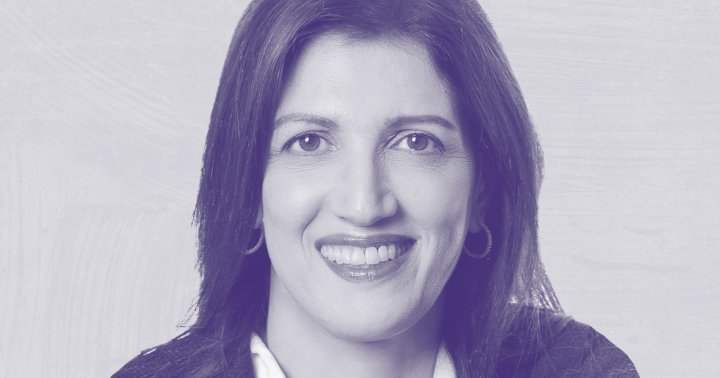

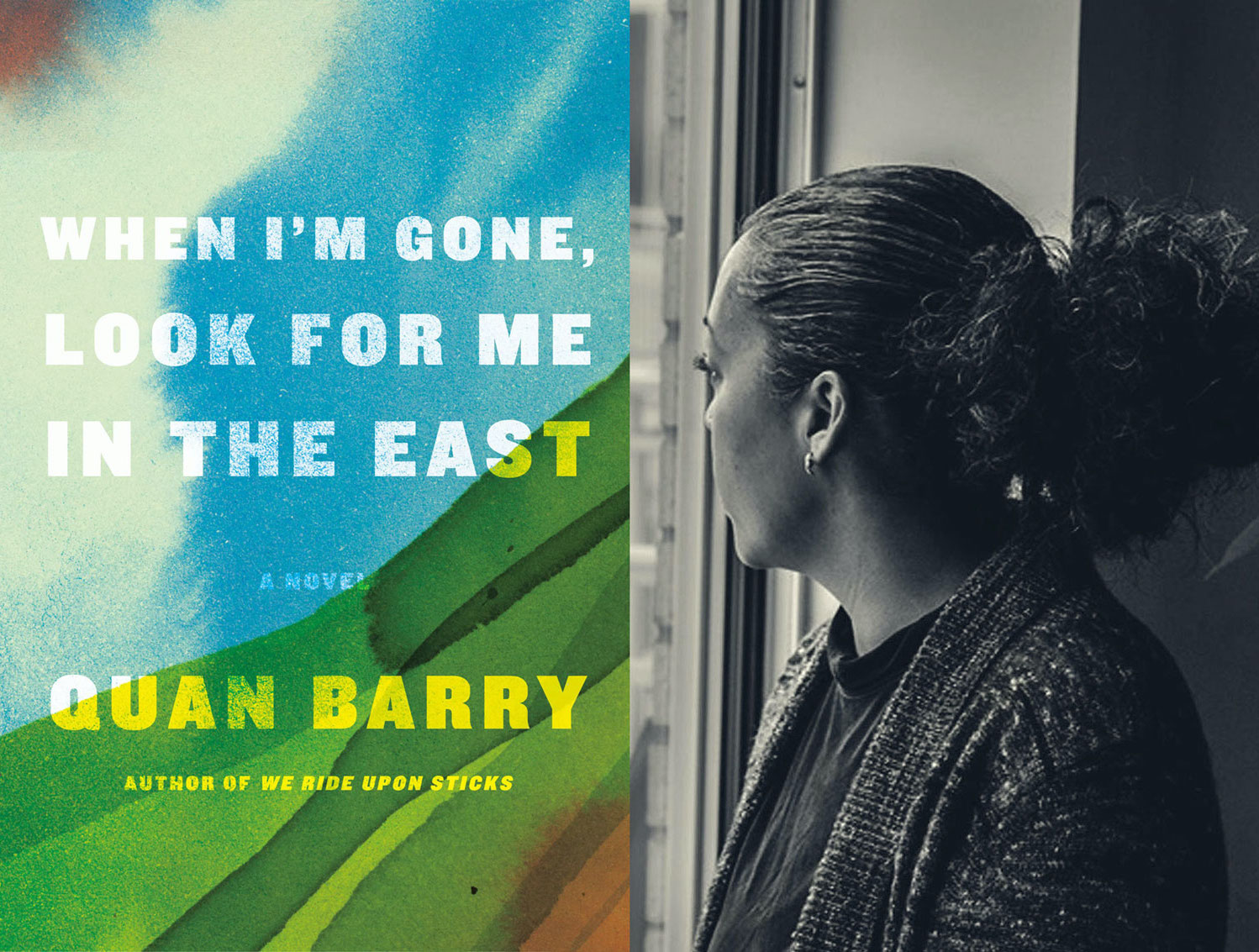





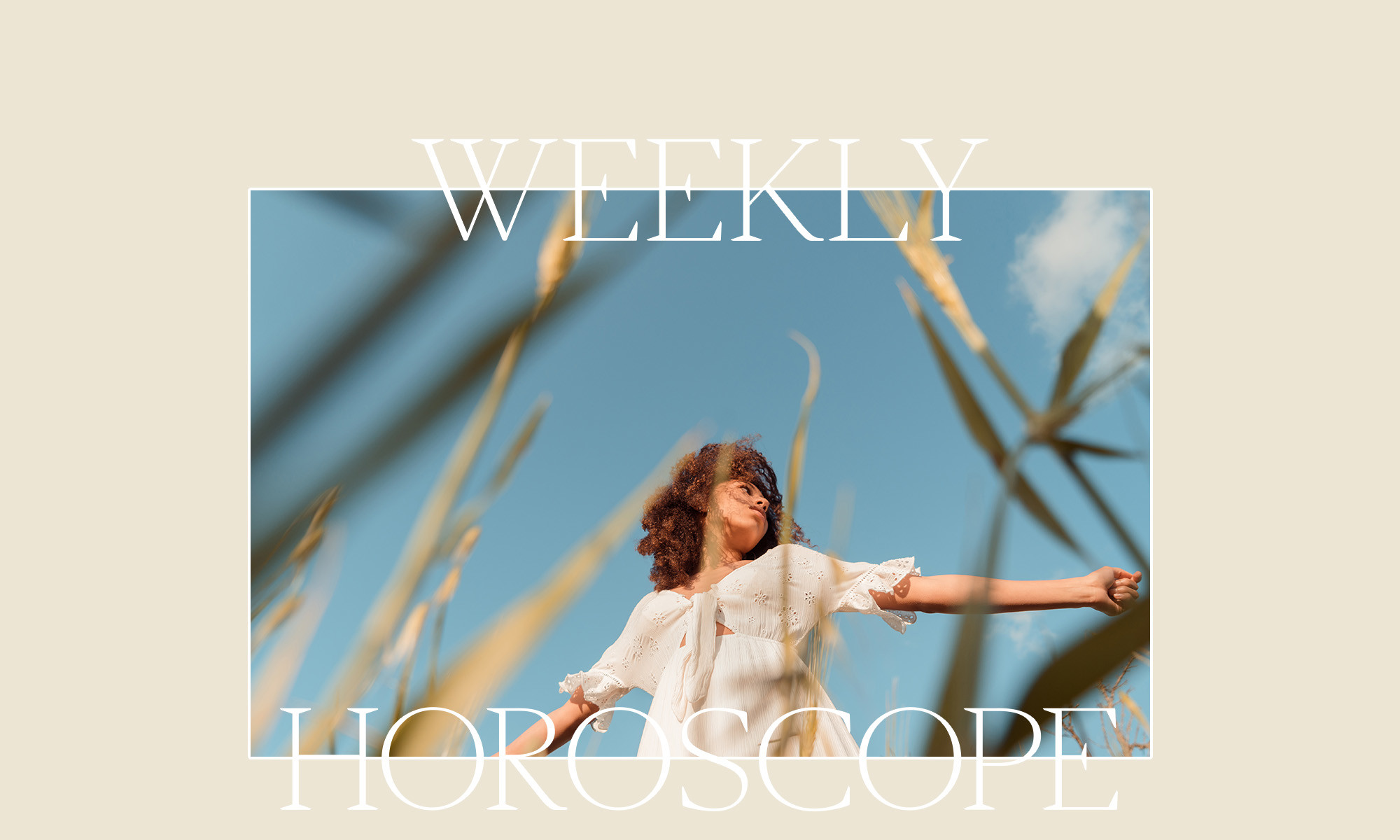
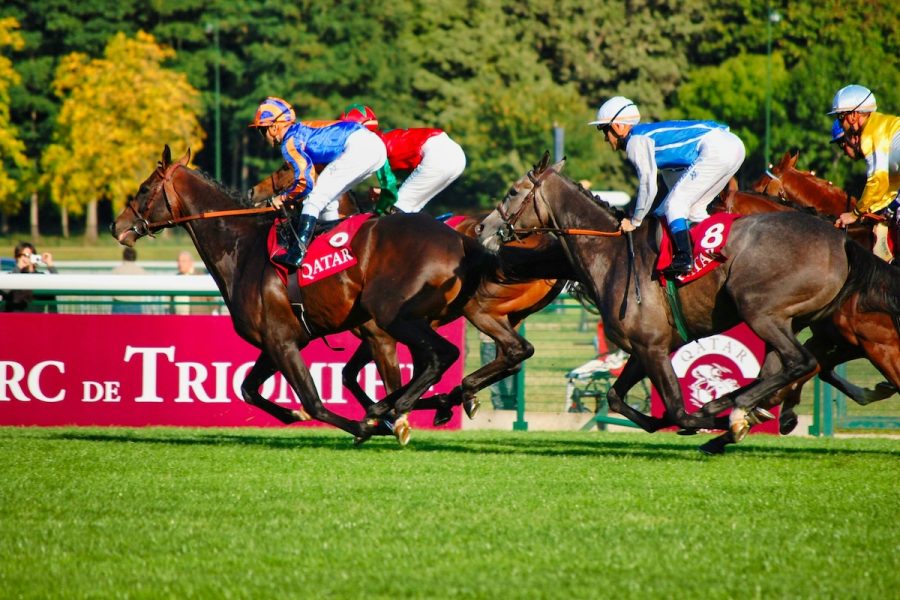





.jpeg?trim=0,0,0,0&width=1200&height=800&crop=1200:800)





